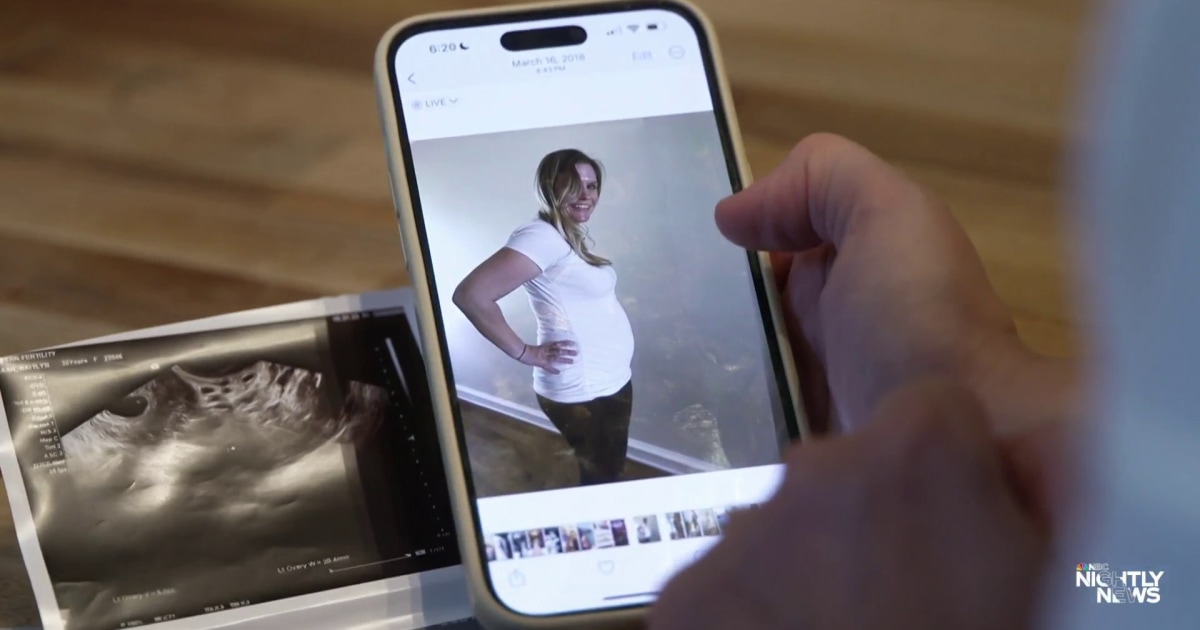In the year 2019 BC (Before Covid), society was trundling along, generally business as usual. Then suddenly, we had a lurching shift demanding that everything we once knew now had to be done remotely. Our businesses went online, schooling went into Google class mode, and we attended meetings via Zoom in a business shirt with pyjamas and slippers hidden out of camera view.
These Zoom meetings were frequently interrupted by children’s tantrums, a flatmate asking who drank the last of the milk, or a spouse crawling behind the screen to retrieve something. In healthcare we suddenly had to shift to Telehealth, typically done over a secure video-based platform. During this time, I began to appreciate a core role for all healthcare professionals – that of educating patients about their condition, what it takes to get better and so on.

We have always done this as health professionals, but because it lacked the hands-on element, Telehealth brought education into focus. Health professionals start by asking questions about how the injury occurred, a description of symptoms, and how different movements or activities affected them. This detailed period of questioning is followed by a series of tests, essentially attempting to provoke symptoms.
In short, this is the diagnostic process. Time is then spent explaining the diagnosis, the patterns, healing timelines, the consequences of the injury on the person’s daily life, and much more. Over those two years when Telehealth was our modus operandi, this became even more important as hands-on care wasn’t possible.
That education process then extended into advice about which exercises would be needed to aid recovery. How often should they be done? What would be expected if the exercise is tolerated well, or not? How do you know if things are improving? What should you do if symptoms start to get worse? Education was, is, and will always remain, one of the core tenets of healthcare – that’s because knowledge is empowering. In general, people find uncertainty difficult to tolerate, and this was very noticeable during lockdowns.
Between three and four weeks of isolation, every client we met over Telehealth regressed and I’m convinced this was humanity’s uncertainty threshold being met, manifested in a worsening of their injury. That aside, healthcare professionals have a responsibility to convey knowledge in a meaningful way. There is an art to distilling a complex, medical diagnosis into simple language that even a young child can understand.
This magic power is a necessity for educators across all sectors. One of my most memorable high school teachers was able to do just that, and my results shone. In comparison, one of my less effective teachers struggled to understand how I didn’t “get it”, despite being very intelligent himself.
To be an effective educator, intellect is not all that is required. What is most important is the ability to connect with people. That is where the magic happens.
.



















